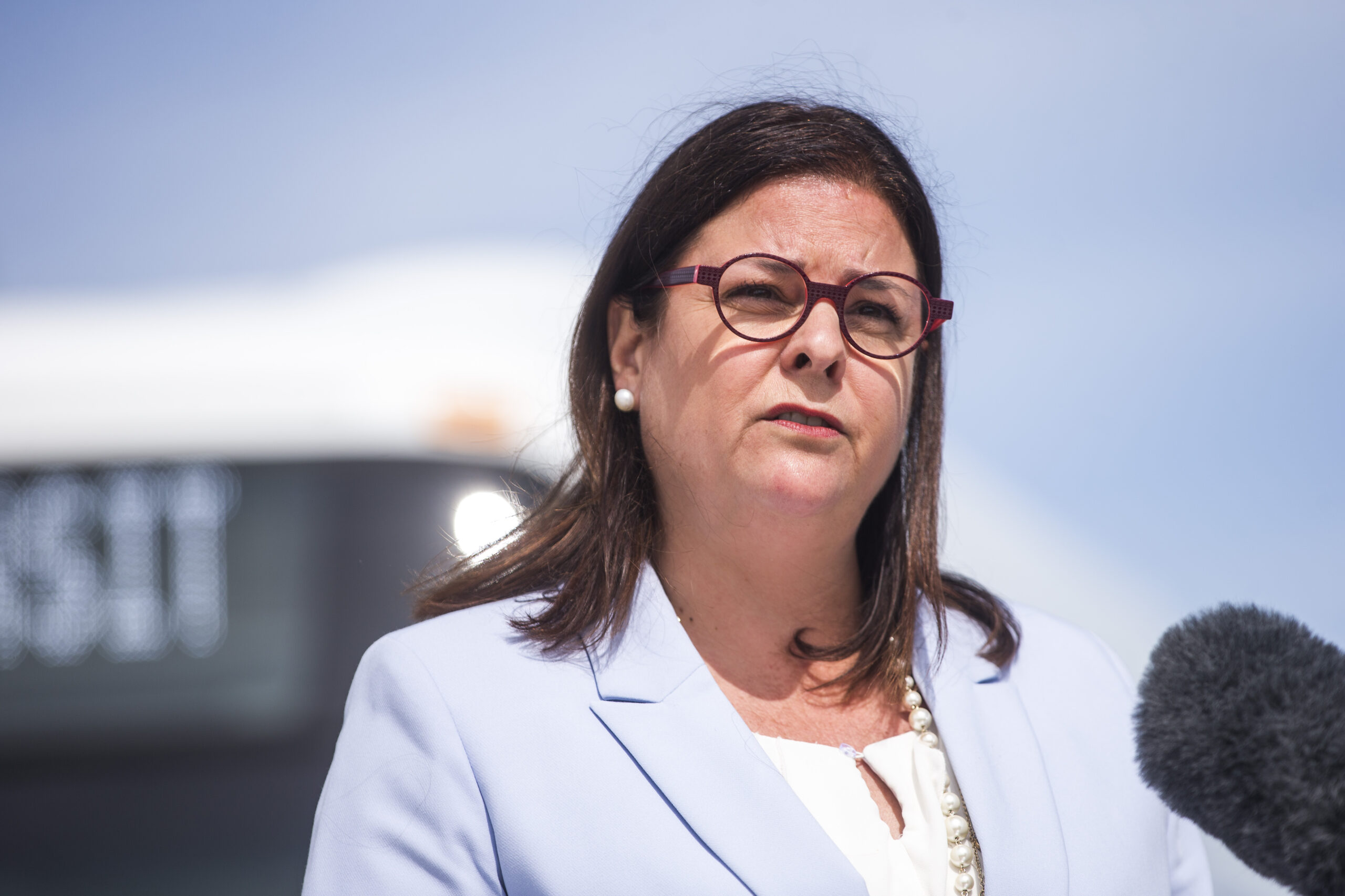
5 things to know about Winnipeg’s big sewage problem
115 billion litres, 70 years to fix, $5.5 billion in lawsuits
There’s a potential new customer for electric buses that has some clean tech workers in Winnipeg feeling excited: Winnipeg Transit. Local manufacturer NFI Group has its eyes on the transit agency’s recent promise to electrify 20 per cent of its 600-bus fleet by 2027. Winnipeg has secured funds to purchase 100 electric buses — and make the country’s first major investment in transit powered by hydrogen fuel cells.
The money comes as part of a $500-million investment from all three levels of government that will see Winnipeg purchase new buses and charging infrastructure, upgrade its North End garage to accommodate zero-emission vehicles, and re-design its transit master plan.

Winnipeg’s mid-sized fleet and flat topography make the city a good candidate for electrification, Josipa Petrunic at the Canadian Urban Transit Research and Innovation Consortium explains. But there’s a uniquely Winnipeg catch, too: extreme weather conditions and long bus routes.
Current battery packs for electric buses aren’t powerful enough to carry a bus through a day on just one charge, meaning Winnipeg will need to invest in overhead charging stations and hydrogen fuel cell technology — which has a longer battery range.
Winnipeg has committed to purchasing a few dozen hydrogen fuel cell buses — the first major investment in that technology in Canada. As of now, there are just two hydrogen buses running in Canada, both on a trial basis in Edmonton.
In order to produce enough hydrogen to power its new fleet, Winnipeg is also going to have to install an on-site electrolyzer, making Winnipeg Transit Manitoba’s newest energy producer, says Petrunic.
Though the procurement process for Winnipeg’s new buses has only just begun, Premier Heather Stefanson and Mayor Brian Bowman both suggested they hope the funding will be able to support economic growth — and job retention — at home in Winnipeg.
New Flyer Industries went public on the Toronto Stock Exchange as NFI Group in 2005.
Get the inside scoop on The Narwhal’s environment and climate reporting by signing up for our free newsletter. On a warm September evening nearly 15...
Continue reading
115 billion litres, 70 years to fix, $5.5 billion in lawsuits

Climate change, geopolitics and business opportunities power a blue economy

10 billion litres of sewage are dumped into Winnipeg’s lakes and rivers each year. Some...
